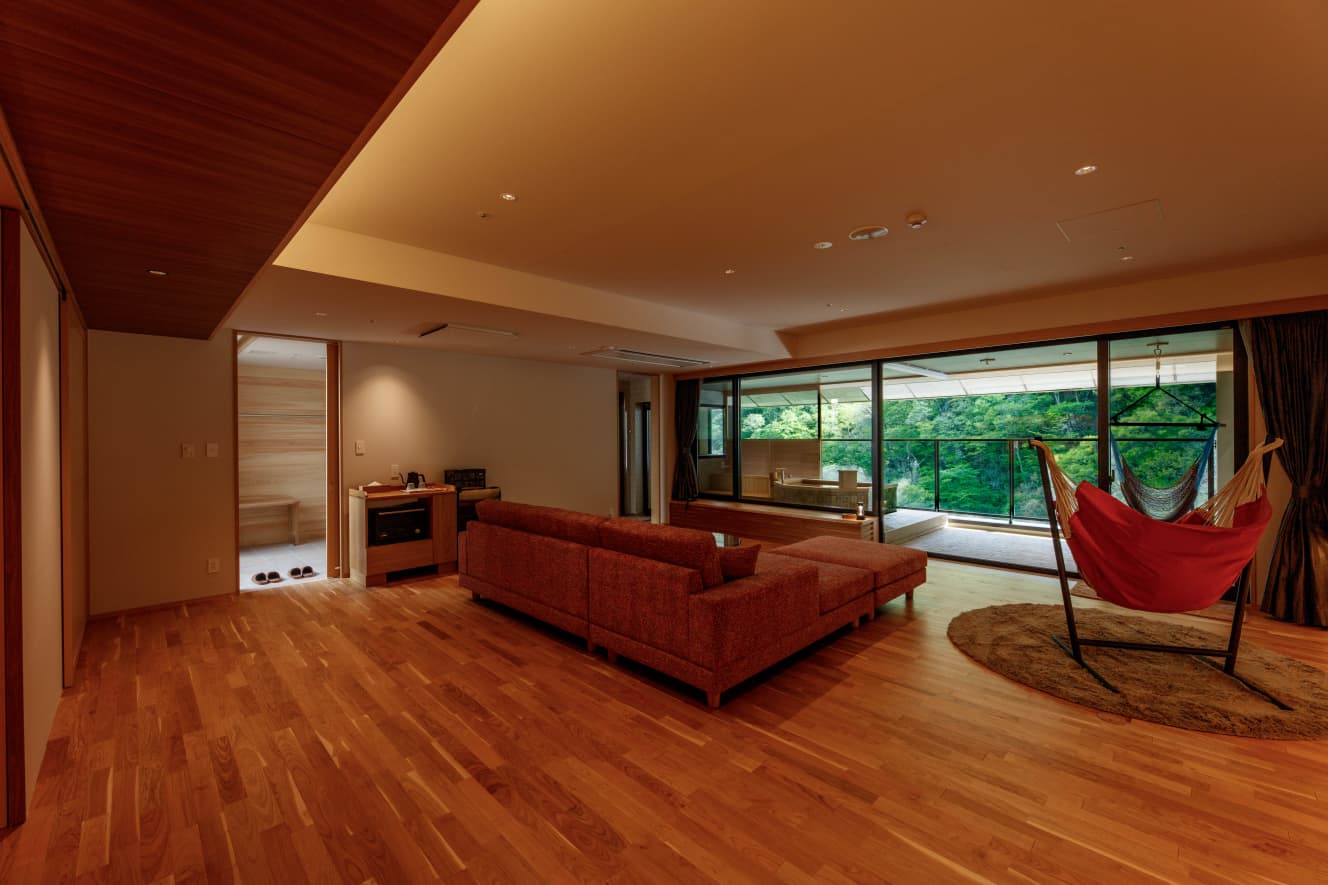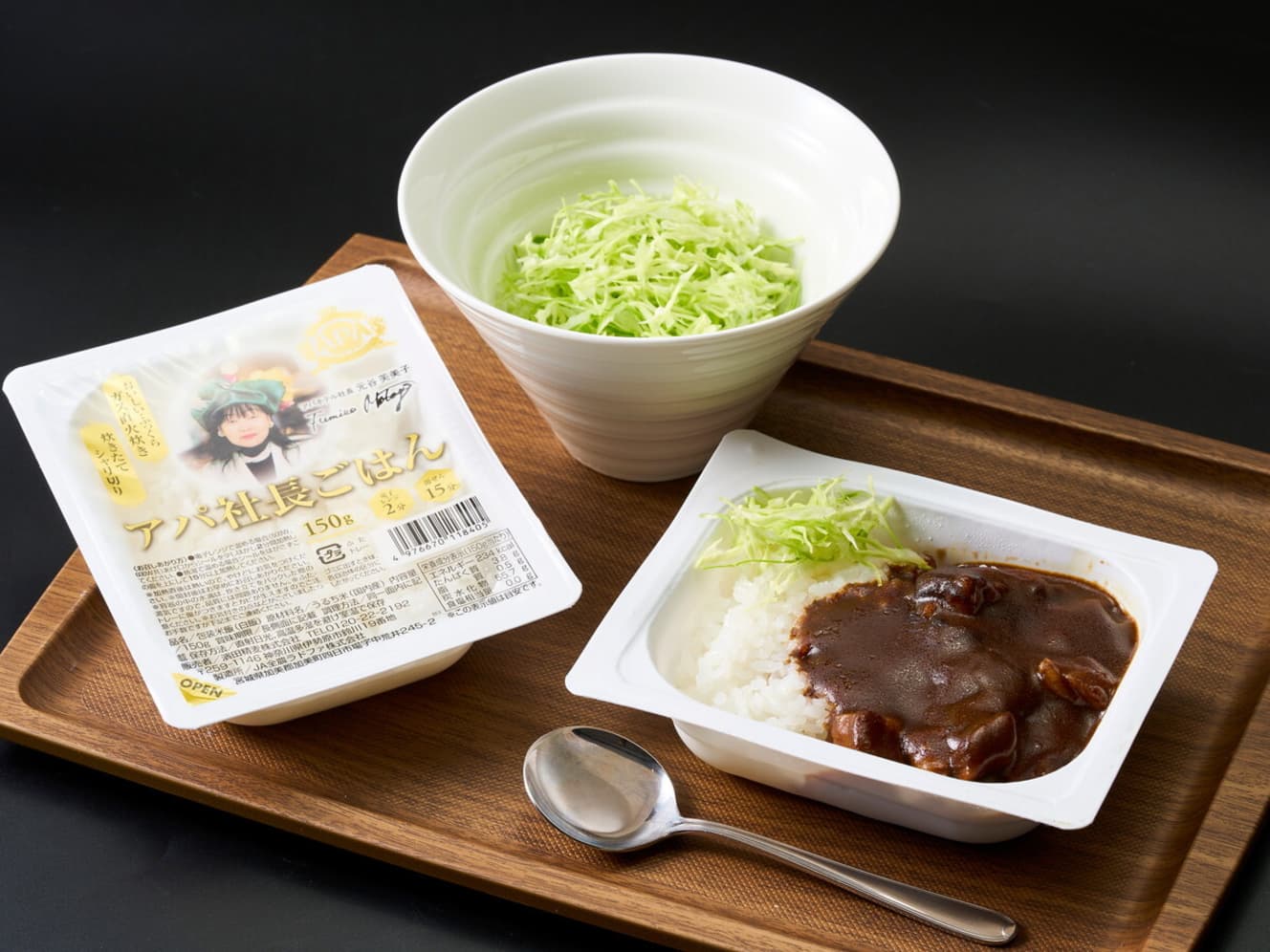APA joins the fray! Hot springs and resorts are coming one after another… Is “all-inclusive” hotel/ryokan a good deal after all?
A staple overseas…inns & hotels where meals, drinks, and use of facilities are included
All-inclusive” accommodations may not be familiar in Japan, but they are well known in Europe, the United States, and other overseas resort destinations. Since the beginning of this year, all-inclusive lodging plans have been appearing one after another at popular hot spring resorts and beach resorts in Japan.
All-inclusive is “All Inclusive” in English, meaning that everything is included. Simply put, it refers to a service in which meals, drinks, pool fees, etc. are included in the room rate in advance. Paying for these services on a case-by-case basis can be surprisingly expensive, and even more so when there are many people in a family.
Everyone wonders whether all-inclusive tours are really a “good deal” or not. We asked hotel journalist Hitomi Imura, who is well versed in the domestic lodging scene, about the reality of all-inclusive lodging and points to keep in mind when using all-inclusive lodging. We will also introduce some of the all-inclusive accommodations that we recommend.

APA Hotel, Mercure, Oedo Onsen Group… One after another this year!
All-inclusive is often found in accommodations at resorts on foreign beaches and other destinations, such as the Caribbean and Maldives. The advantages include the fact that guests can spend their time without worrying about additional charges during their stay, and the total cost of the trip is known in advance, making it easier to plan a trip.
In Japan, APA Hotels & Resorts rebranded APA Hotel <Toyama> to APA Hotel Stay <Toyama> in February 2012, and began offering all-inclusive services for the first time. Grand Mercure” and “Mercure” have been offering all-inclusive services at more than 20 hotels nationwide since April 2012. The Oedo Onsen Group also operates the TAOYA brand of all-inclusive hot spring resort hotels nationwide, and currently has seven facilities nationwide, including Akiu Onsen in Miyagi Prefecture and Nasu Shiobara Kogen in Tochigi Prefecture.


Japan’s all-inclusive…what do hotel critics think?
This all-inclusive service “has actually been around in Japan for about 40 years,” Imura said.
Club Med, which was founded in 1950, was the pioneer of all-inclusive vacations, and the first in Japan was Club Med Sahoro (now Club Med Hokkaido Sahoro) in 1987. For a long time, it was called the “Mediterranean Club. At the time of its entry into the Japanese market, the rarity of all-inclusive stays became a hot topic of conversation” (Hitomi Imura, hereafter).
Club Med, which originated in Europe, currently operates resorts on beaches and in mountains in about 80 locations in 25 countries around the world. In Japan, there are 5 resorts, including Ishigaki Island and Tomamu in Hokkaido. The resorts offer a variety of activities that can be enjoyed by a single person, and the freedom of not having to pay for each activity has attracted a small number of regular fans.
Facilities that offer all-inclusive stays are essentially for the affluent and charge higher prices. They are targeting a clientele that thinks it is normal to pay more to enjoy a high quality hotel life.
Even all-inclusive facilities do not offer a wide variety of drinks, including alcoholic beverages. There is a wide variety of food at the buffet, but not enough of what you would like to eat. If guests are dissatisfied with the hotel because the staff does not provide adequate support, their satisfaction level will be low, no matter how affordable the accommodation fee is.
He says that the “soft” part of the hotel, or the service, is extremely important in increasing that satisfaction. As each service is enhanced, the unit price of a stay will inevitably increase.
However, some of the facilities that have recently introduced all-inclusive services are thinking ‘let’s give it a try for now,’ partly because it’s a fad.
All-inclusive lodging is all about the balance of the entire lodging experience, including hardware and software, and if there is a gap between hardware and software, it becomes uninteresting.
For example, if you say, “Please enjoy popsicles after your bath,” but there are only a few, or they are small, or there is no variety ……. It can be a turn-off for those who have just taken a bath and are in the mood for paradise.
I would like to see a mechanism to make people enjoy the time they spend in the bath more than enough and to make them enjoy it again. To achieve this, every detail must be thoroughly planned, or else the guests will not be satisfied, and it will be difficult to keep them coming back.
When choosing an all-inclusive hotel or ryokan, Imura offers this advice on how to avoid making mistakes and whether all-inclusive is actually a good deal.
Always research the establishment before making a reservation. Whether all-inclusive is a good deal or not depends on the individual.
For example, if you are a person who does not drink alcohol, you may feel like you are losing out, but if there is a full range of non-alcoholic drinks and local fruit juices to replace it, you will be more satisfied. It is important to determine if the accommodation facility covers that much.”

Hotel journalist Imura-san recommends…
When we asked Mr. Imura about all-inclusive accommodations in Japan, the first hotel he recommended was the Otaru Ryotei Kuragun in Otaru, Hokkaido, a popular upscale inn with 19 guest rooms, each with a different interior design, and a hot spring bath that is like a hideaway. After dinner, we went to the bar, and when we felt we hadn’t had enough to drink, the staff said, ‘We’ll take you to your room. I felt it was all-inclusive, including such casual consideration,” he said.
Another hotel he recommends is the Settlement Marina Lake Biwa. It has only 14 rooms, but it is in a great location at the marina. Drinks in the lounge are all free. This ‘CETRAY’ series now has about five other hotels besides Lake Biwa, and the lounge, library, and listening to records for guests only are also all free. The fee structure varies depending on the choice of food, so please check with us,” he said.
Furthermore, the glamping facility [GLAMP ELEMENT], which utilizes a former golf course in Shiga Prefecture, “has a good reputation for its cuisine, which can be enjoyed at the bar in the clubhouse at night. The fees are set high because it is a single building rental, but if you divide the cost by the number of guests, it becomes more reasonable.

The most popular all-inclusive lodging on the booking site is…
Rakuten Travel has announced the most popular all-inclusive accommodations in Japan for spring ’24. The contents are,
No. 1_Yaizu Onsen Yaizu Grand Hotel (Shizuoka)
No. 2 – Kitakobushi Shiretoko Hotel & Resort (Hokkaido)
No. 3 – Kumano Club (Mie)
No.4 – Matsushima Onsen Yumoto Matsushima Ichinobo (Miyagi)
No.5 – Sakunami Onsen Yuzukushi Salon Ichinobo (Miyagi)
No. 1 【Yaizu Onsen Yaizu Grand Hotel】(Shizuoka Prefecture) offers a variety of drinks including alcohol and light meals in the lounge exclusively for hotel guests at different times of the day, free drinks at meals, and activities such as swimming pool and tennis. No. 2 Kita Kobushi Shiretoko Hotel & Resort (Hokkaido) converted to an all-inclusive hotel in April 2011, offering ice cream and drinks in the lounge and free use of the gym. The third-ranked hotel, Kumano Club (Mie Prefecture), offers suites in all rooms, drinks and snacks in the lounge, and all drinks, including alcohol, are free at meal times.
Rakuten Travel also announced popular accommodations for families with children in July of this year, and reported that the number of nights booked for all-inclusive packages increased approximately 3.7 times over the same period of the previous year as a summer travel trend in 2012, and especially the number of nights booked with children increased approximately 6.5 times over the same period of the previous year. In particular, the number of nights booked for all-inclusive packages increased 6.5 times compared to the same period last year. The report analyzes that the reason why accommodations with all-inclusive plans are gaining popularity is because they offer enhanced services for children and can be enjoyed by families in peace.
The top ranking facilities featured in the report include 【1000Mのおもてなし Yatsugatake Hotel Kazaka】 (Yamanashi Prefecture), 【Yaizu Onsen Yaizu Grand Hotel】 (Shizuoka Prefecture), and 【TAOYA Akiu】 (Miyagi Prefecture), all of which are located in hot spring resorts, remote areas, or remote islands. All-inclusive accommodations in such places, where one does not have to think about finding a place to eat or to move around, are indeed an important point of choice when traveling with children.

Will it become popular in Japan…what do the experts think?
After Corona, the popularity of inbound travel has led to an across-the-board increase in accommodation fees at hotels and inns in Japan. Moreover, Japanese travel is now actually decreasing not only overseas but also domestically.
According to the Lodging Travel Statistics Survey released by the Japan Tourism Agency on September 30, 2012, the total number of overnight stays in August 2012 was 66.11 million, and the total number of Japanese overnight stays was 53.3 million, down 0.8% from the same month in 2007, a negative figure for four consecutive months. With prices rising in daily life and travel costs also rising, even domestic travelers are facing a difficult situation.
In the midst of this situation, all-inclusive lodging facilities and plans are popping up one after another in Japan, touting their “all-inclusive” pricing.
All-inclusive lodging is a change not in the hardware of the lodging facility but in the software, that is, a change in the way services are provided and the method of payment, so it is certainly an aspect that is increasing now due to the ease of introduction.
However, as the number increases, competition will arise, and the quality of service will probably increase in order to achieve guest satisfaction. In this sense, there is a good chance that all-inclusive hotels will take root in Japan in the future.
Hitomi Imura is a hotel journalist and president of the Hospitality Research Institute H-One. He is a part-time lecturer at Tsuji Gakuen Culinary Arts College, Trajal Travel and Hotel College, Sundai College of Tourism and Foreign Languages, and Seibu Bunri University. Author of “Basics of Hotel Room Maintenance,” “Travel Expert Recommends Kansai Hotels,” and others. He is also an All About “Hotels in Kansai” guide.

Interview and text by: Shikama Aki